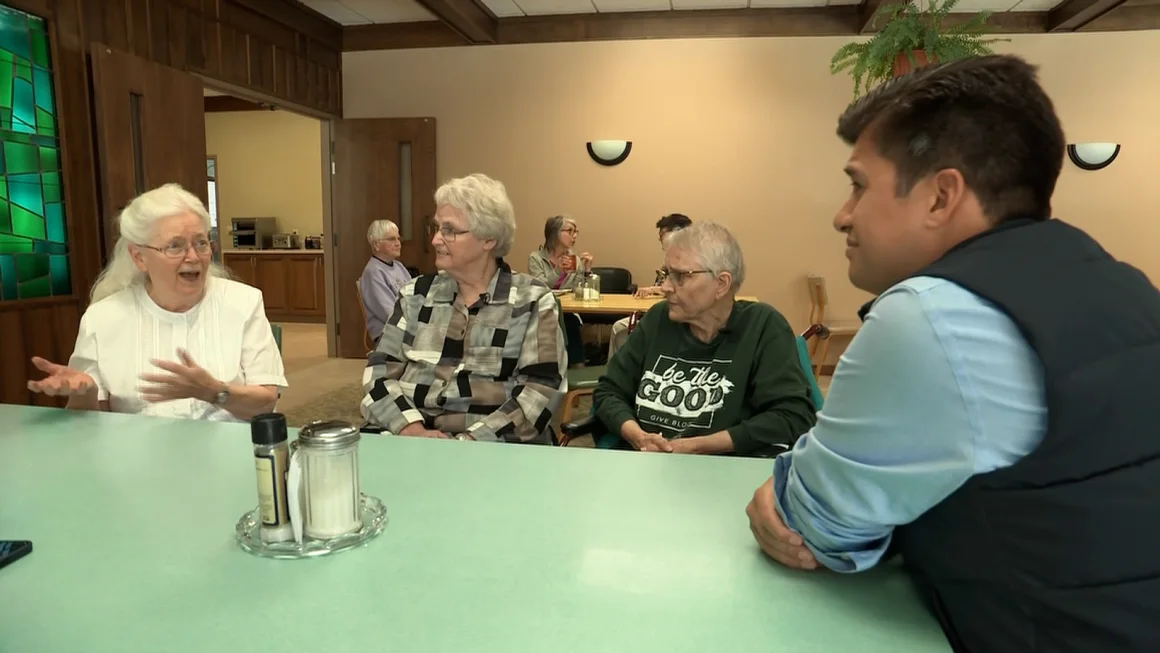In a surprising twist during the intense 2020 presidential election aftermath, a group of nuns in Pennsylvania was falsely accused of participating in voter fraud. The accusations surfaced when an erroneous report suggested that the nuns, who were dedicated to their community and largely removed from political debates, had somehow manipulated absentee ballots. The allegations quickly gained media attention, highlighting the complexities surrounding absentee voting and the misinformation that can spread in a charged political environment.
The sisters, members of a small convent in Pennsylvania, had followed standard absentee voting protocols in casting their ballots. Local election officials later confirmed that there was no irregularity associated with their votes, clearing the nuns of all accusations. However, the damage was done – they found themselves caught up in a public narrative around election integrity that took a toll on their peaceful lives.
This case not only emphasizes the dangers of misinformation but also serves as a reminder of the diligence required to protect innocent individuals in the face of baseless claims. As election cycles continue, the Pennsylvania nuns’ story remains a symbol of how easily the public can be swept into unjust accusations when accountability and truth are lost.











